Say hello to Google Ads
(and wave goodbye to Google AdWords)
You may have heard that Google is retiring its AdWords brand in the biggest PPC shake-up since 2000 – when it first launched the service into a PPC space that was still very much in its infancy.
Need more info?
Here you go…
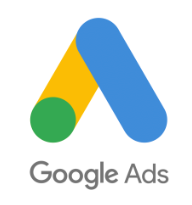
A quick PPC history lesson
The first ever PPC service was Planet Oasis, closely followed by Open Text Index, both of which kicked off in 1996. At exactly the same time a couple of students at Stanford University were busy setting up the research project that would eventually become Google.
(You can catch up on some more key moments in PPC history here).
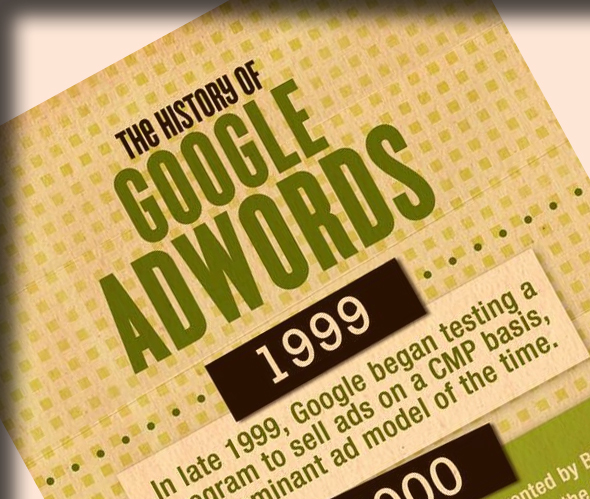
What is Google up to?
As AdWords strolls off into the sunset a bright new force in PPC emerges: Google Ads.
It’s very much a case of say hello and wave goodbye, as AdWords is being retired in name alone. It’s very much business as usual otherwise.
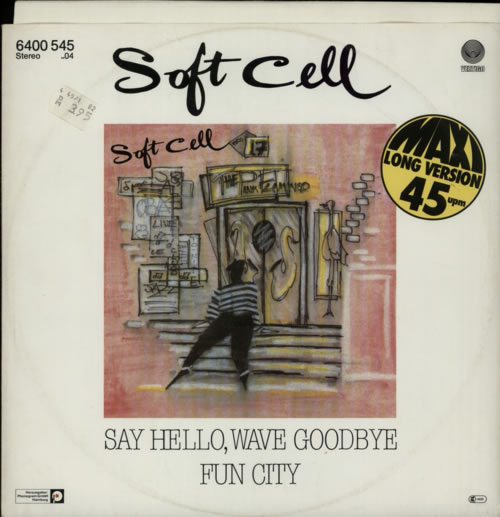
In essence, Google has decided to consolidate its overwhelming abundance of ad products under three brand new, er, brands:
- Google Ads
- Google Marketing Platform
- and Google Ads Manager

So, what prompted the change – and what will it mean for you?
Inevitably, for Google, the backdrop to this is formed by the ever-growing importance of mobile search and the need to keep the service highly responsive to the audiences it serves and the audiences it reaches.
The end-game here is to allow advertisers more opportunities to reach more people across more channels by placing all available solutions in as few places as possible.
And, hand-in-hand with this is a greater focus on machine learning and Smart Campaigns.
Here’s what Google says:
‘Google Ads represents the full range of advertising capabilities we offer today… to help marketers connect with the billions of people finding answers on Search, watching videos on YouTube, exploring new places on Google Maps, discovering apps on Google Play, browsing content across the web, and more.’
The rebrand aims to kill off the association of AdWords with search advertising alone.
This is a perception that has always dogged AdWords, despite it having the Google Display Network (GDN), YouTube and Shopping under its umbrella.
Google hopes that the new brand will be associated with all channels and platforms. And that it will provide the springboard for more advertising options in the future.
Back in 2000 the AdWords concept was launched into a very different space than today’s world. It was built for a computer-first world, one where surfing the web had a ‘special’ place rather than being integrated into our everyday lives.
Today we live in a mobile-first world.
Search and online customer journeys are embedded into every part of our day and we are just as likely to surf the web with our voice as with a keyboard.
AdWords fails to convey this.
And, so, Google Ads is born.
Of course, the other elephant in the room here can be found in the second part of the retired product name…
… Words.
Google is determined to emphasise audiences over keywords.
It needs to keep up with the Jones’s (and the Facebooks and LinkedIns) to offer more focus on audience-centred advertising.
Keyword intent is being deliberately underplayed in the new name and in its place, perhaps, the online ad platform tries to entice advertisers into considering the whole customer journey by engaging audiences throughout the funnel.
And, at its heart, this is what Google Ads is all about.
But what about Google Marketing Platform?
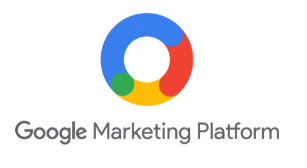
The changes here are of little relevance to small businesses – so feel free to skip if you don’t use services like DoubleClick or Analytics 360.
Basically, Google Marketing Platform consolidates these to allow enterprise marketers (and their agencies) to marry ad creative and analytics in a single location so they can ‘plan, buy, measure and optimize digital media and customer experiences in one place.’
And Google Ad Manager?
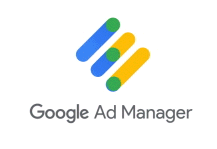
This is Google’s new programmatic platform, created by blending existing products, such as DoubleClick for Publishers and DoubleClick Ad Exchange.
The Big G promises it will ‘do even more for partners—earning them more money, more efficiently, wherever people are watching videos, playing games or engaging with content, and however advertisers are looking to work with them.”
Still feeling a bit dumb about Smart Campaigns?
These substantial rebrands all share one thing in common: an attempt to consolidate and simplify Google’s online advertising platforms.
But, this is not just an exercise in new names.
The focus on simplicity is also seeing Google reshuffle its hand to emphasise trump card services like Smart Campaigns.
If you skipped the section on Google Marketing Platform because you represent a small business, then don’t go from this one – you’ll want to take note of this.
Smart Campaigns are specifically designed for busy small business owners with no paid search expertise and even less spare time.
Google waxes lyrical about the potential of these campaigns, noting that you can now ‘create ads in minutes and drive real results—like making your phone ring, sending leads to your website, or bringing customers to your store.’
Sounds good, heh?
It’s true that AdWords (sorry, Google Ads) has proved highly effective at applying machine learning and AI to optimise campaigns. But these are usually employed on campaigns that have been carefully set up already. A Smart Campaign does all the setting up for you and therein may lie the problem.
(Those with a longer memory will recall that this was exactly the same problem that AdWords Express ran into – and, after all, Smart Campaigns are little more than a rebranded AdWords Express.)
Smart Campaigns may well prove to be speedy – but they may also prove to be not smart enough.
A machine doesn’t understand the ins and outs of your business, the nuances that make it unique and if you head off in the wrong direction with PPC before you know it you’re certainly not in Kansas anymore.

But, perhaps, for small businesses with budgets not requiring a comma to report in their spreadsheets the time-savings of Smart Campaigns may be worth cutting out the added expense of a PPC Manager.
They are certainly likely to be tempting for many.
Let’s just hope they work as well as Google predicts rather than as problematically as history suggests.